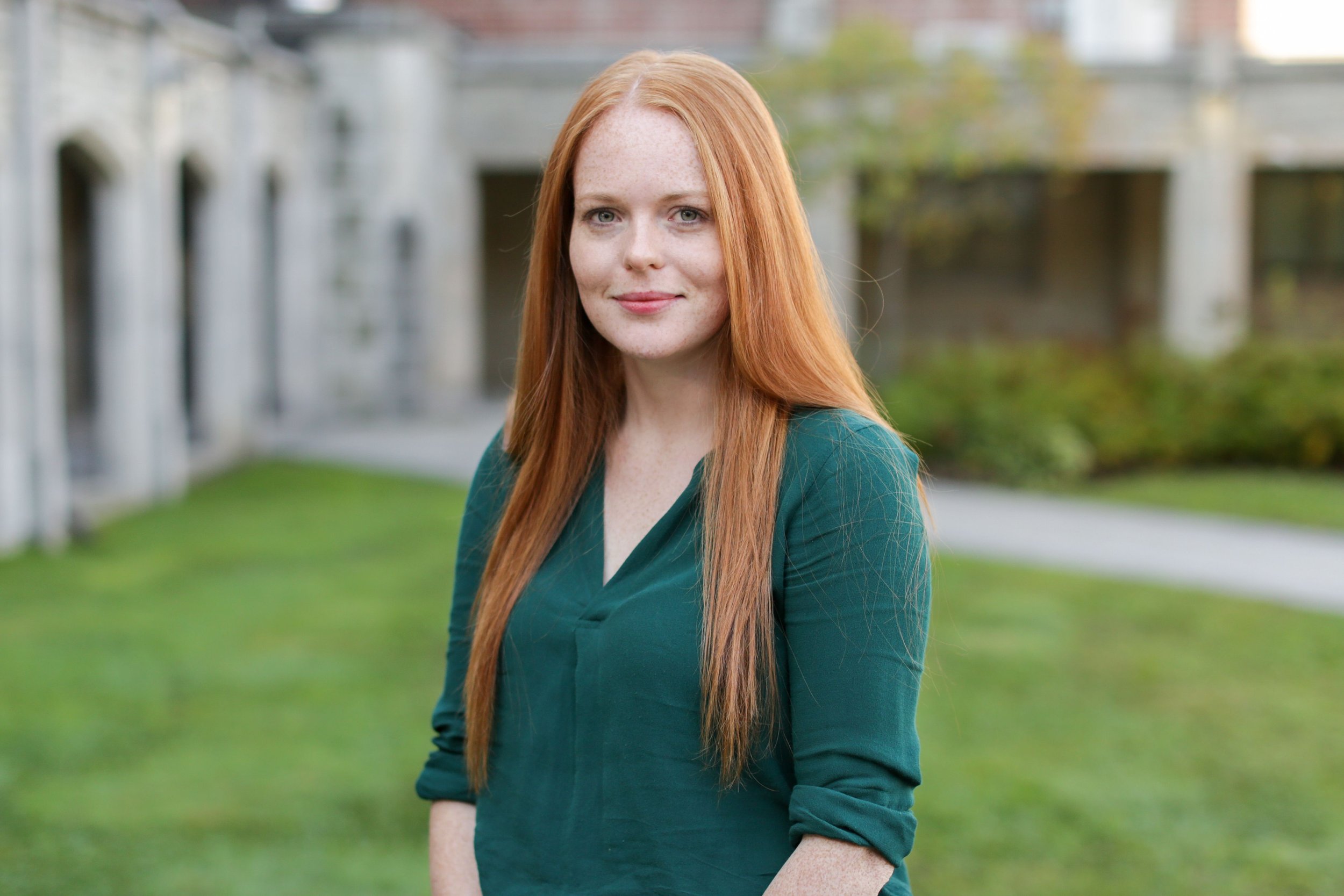A Community-Centric Approach for Advancing Data Analysis on Climate Resilience and Justice in Toronto
The Transition Toronto’s Climate Resilient Communities (CRC) project takes a data-science approach to identifying needs for increased climate resilience and climate justice in Toronto communities.
Our Mission
Climate Resilient Communities (CRC) takes a data-driven and community-centric approach to enhancing climate resilience and advancing climate justice in marginalized and vulnerable urban communities by aiming to address both acute shocks (e.g., flooding, heatwaves, blizzards) and chronic stresses (e.g., poor food security, lack of access to affordable housing, lack of equitable mobility).
Recognizing that sustainability and justice require attention on a spectrum of issues, we focus on improving the availability, access, and utilization of climate resilience data. In doing so, we aim to facilitate effective, data-driven climate resilience decision-making in collaboration with communities, aspiring to bridge the gap between grassroots actions and top-down climate plans.
Empowering Communities
Informed and Engaged Communities
We aim to empower communities with knowledge about existing and emerging climate vulnerabilities and risks, equip them with skills such as data literacy and adaptation planning, and provide tools such as climate resilience dashboards and a chatbot. One of our focuses is on empowering youth to become ambassadors for climate resilience and climate justice within their communities.
Actionable Insights
We aim to develop tools to help communities identify timely and effective adaptation measures, ensuring they can respond to climate resilience challenges proactively.
Community Network Building
Our organization aims to foster connections and collaboration among diverse communities, enabling them to find others with similar climate resilience characteristics and allowing them to learn from each other’s experiences, building on collective knowledge and enhancing resilience.
Our Approach
Community-Centric Solutions
Unlike traditional approaches that cater mainly to policymakers and researchers, CRC focuses on empowering communities to take impactful actions on their own terms. We leverage the IPCC AR5 framework and Large Language Models to identify localized adaptation interventions, combining qualitative and quantitative data to address specific community needs. Our approach reflects the lived realities of marginalized communities, addressing their immediate concerns like food insecurity and inadequate housing conditions.
Transparency and Collaboration
We embrace open-source development for transparency and reproducibility. Employing Test-Driven Development (TDD), Agile, and automation methodologies ensures software quality and iterative improvement. Our user-centric design approach puts community needs at the forefront, driving decisions and rapid prototyping in collaboration with stakeholders.
Co-creation at the Core
Community engagement is central to our project. We conduct Data Literacy Workshops to equip communities, especially youth, with the skills to interpret and utilize climate resilience data. Our Capacity Building Workshops will cover various aspects of climate resilience, fostering data-informed decision-making and enhancing community organizing and advocacy skills.
The Team
Helena Yu
Helena is a seasoned Data Scientist and Strategist with experience across a range of industries, including technology, finance, retail, and telecom. Notably, Helena led pro bono teams that conducted descriptive and natural language processing (NLP) analyses for Global Count, and created a predictive model to inform preventative interventions to end human trafficking in the USA.
Q Chen
Q’s current data interests lie in smart city data governance, geospatial data analysis, and data visualization. She earned her master's degree at the University of Waterloo with her thesis "Investigating the current approach to developing data governance in the Canadian smart city". Q has worked for the City of Toronto and the Government of Canada.
Katelyn Macdonald
Katelyn Macdonald, PMP, holds a Masters in Environment & Business from Waterloo. Her current work focuses on community engagement for municipal climate change action and the circular economy, with the goal of applying research to explore what resilient communities look like within our increasingly complex, global society.
Advisors
Andrea Ruotolo
Andrea is the Global Head of Customer Sustainability at Rockwell Automation, with responsibility for advancing innovation in sustainability for Rockwell’s customers, representing millions of employees. Across her nearly two decades of experience in leading technology innovation, in a career spanning Europe, Asia, and the Americas, Andrea has held multiple senior executive roles focused on applying advanced technologies to solve the sustainability challenge.
Dr. Robert Soden
Dr. Robert Soden is an Assistant Professor in the Department of Computer Science & School of the Environment at the University of Toronto and the founder of TCO. He works in the areas of crisis informatics, human-centered computing (HCC), and science and technology studies (STS). His research uses a range of ethnographic, participatory, and design research methods to evaluate and improve the technologies we use to understand and respond to disasters and climate change.
The Data for Climate Justice Project receives in-kind digital support services from Tuta.





